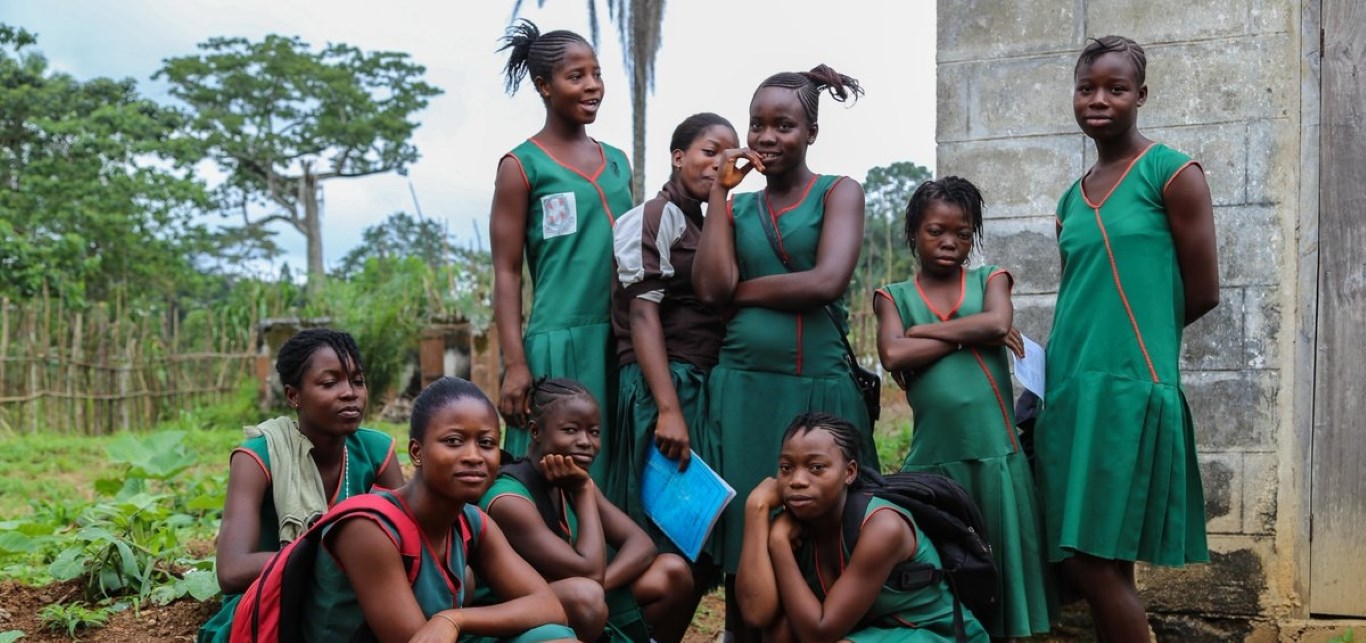G7 announces $3.8 billion spend
June 11, 2018 | Expert Insights

Canada and partners announce historic investment of $3.8 billion CAD in education for women and girls in crisis and conflict situations.
The announcement came at the end of the G7 meeting in La Malbale, Quebec. Canada holds the G7 Presidency for 2018.
Background
The Group of Seven (G7) is a group consisting Canada, France, Germany, Italy, Japan, the United Kingdom, and the United States. The idea to establish such a forum of major industrialized countries emerged before the 1973 oil crisis with the objective of sharing macroeconomic initiatives. The first meeting was convened by the then US Secretary of Treasury, George Shultz and the finance ministers of West Germany – Mr Helmut Schmidt, France – Mr. Valery Giscard d’Estaing and United Kingdom – Mr Anthony Barber. The meeting was held in the library of the White House and the original group of four became known as the “Library Group”.
Analysis
Canada, along with the European Union, Germany, Japan, the United Kingdom, and the World Bank, announced an investment of close to $3.8 billion CAD, marking a fundamental shift toward improving access and reducing barriers to quality education around the world. The announcement represents the single largest investment in education for women and girls in crisis and conflict situations. It has the potential to make a difference in the lives of millions of the world’s most vulnerable women and girls.
Gender equality is a fundamental human right and a top priority for Canada and its G7 Presidency. To make gender equality a reality, all women and girls around the world must have equal access to quality education and learning opportunities. When women and girls have an equal chance to learn, grow, and succeed, they help build an economy that works for everyone.
These investments will primarily support global action to equip women and girls with the skills needed for the jobs of the future, improve training for teachers, improve quality of data on women and girls’ education, promote better coordination between donors and humanitarian organizations, support innovative education methods especially for refugees and displaced people, and support developing countries to ensure that women and girls have access to quality education.
According to Justin Trudeau, the Prime Minister of Canada: “We need to work together to ensure all women and girls have access to quality education and modern skills training. From primary school to secondary school and beyond, women and girls in crisis and conflict situations must have the same opportunities to succeed. Investing in their education is not just the right thing to do, it’s the smart thing to do. Given the chance, we know women and girls will drive positive change, and help build better lives for themselves, their families, their communities, and, in turn, the world.”
Of the total funding announced, Canada is investing $400 million CAD over three years, in addition to the $180 million provided in January 2018 to the Global Partnership for Education for 2018-2020. While the European Union is investing 72 million Euros over three years, other contributors include Germany at 75 million Euros, Japan at $200 million USD, the United Kingdom at £187 million, which builds on Prime Minister May’s announcement at the Commonwealth Heads of Government Meeting in April when she pledged £212 million to get almost one million girls in developing countries across the Commonwealth learning.
The World Bank on its part is investing $2 billion USD over five years. In February 2018, France committed to provide 200 million Euros to the Global Partnership for Education to support girls’ education and help strengthen education systems in developing countries.
At the end of 2016, globally, there were 65.5 million forcibly displaced people, over half of whom were under 18 years of age, with little to no access to quality education and learning opportunities.
Girls are more likely to be taken out of school due to displacement-related poverty, more likely to be forced into early marriage, and are disproportionately affected by gender and sexual-based violence.
Canada holds the G7 Presidency for 2018 and is advancing domestic and international priorities framed under the following five key themes - investing in growth that works for everyone, preparing for jobs of the future, advancing gender equality and women’s empowerment, working together on climate change, oceans, and clean energy.
Assessment
Our assessment is that the effort by Canada and other G7 nations to empower women and girls is laudable as the stated intent is to build a more peaceful and secure world. We believe that the idea of a more peaceful and prosperous world will fructify when global leaders commit to building a more inclusive world. It is extremely important that children living in the poorest and most vulnerable conflict areas receive quality basic education.








Comments